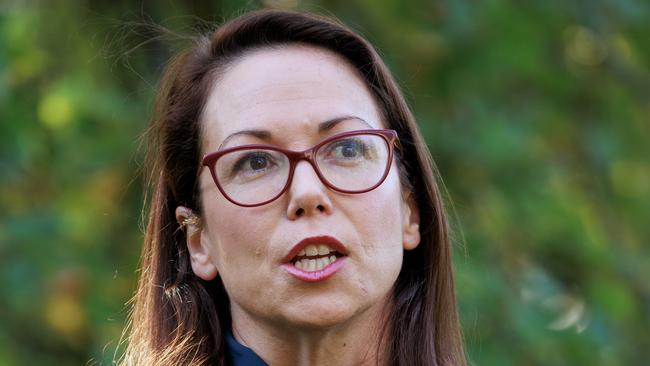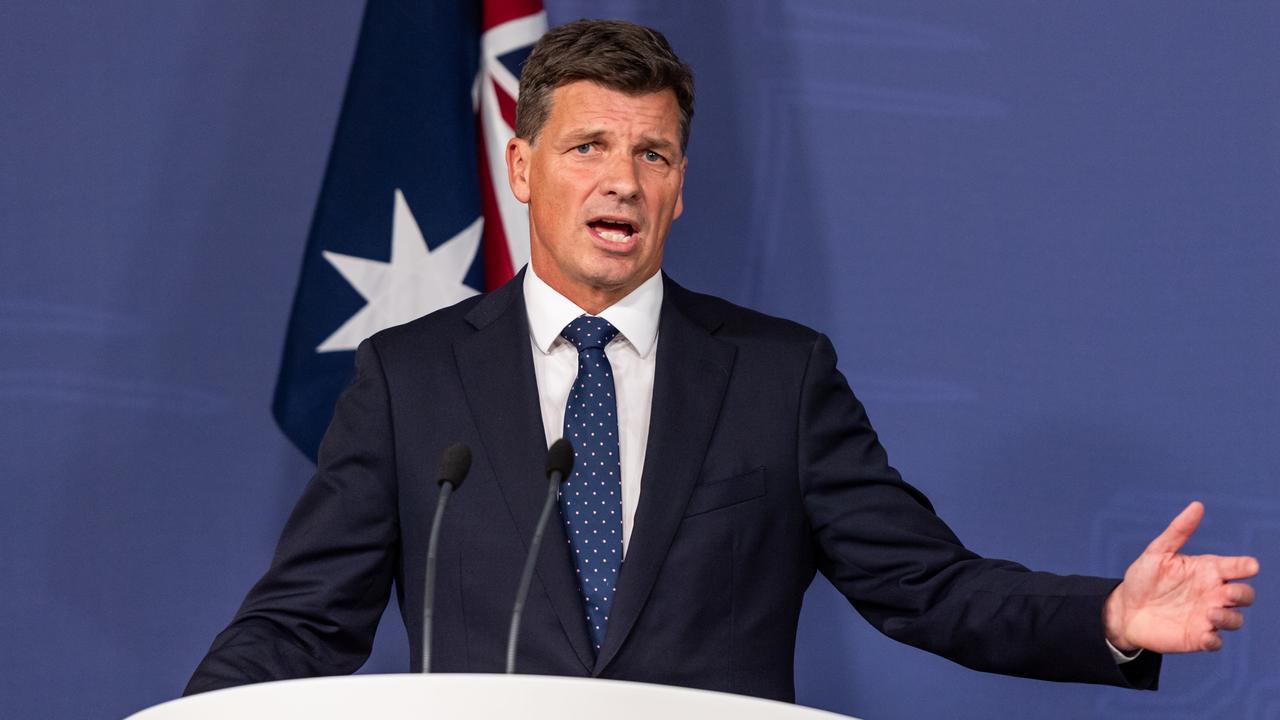Victoria is suppression order ‘capital’ as courts silence debate
Victoria is easily the suppression order ‘capital’ of Australia as judges and magistrates ignore demands to open up the secret state.

Victoria is the suppression order capital of Australia as judges and magistrates frustrate the long-term push by governments to open up the system to greater public scrutiny.
Analysis of the past four calendar years shows Victoria is numerically by far the state that resorts most to suppression orders, making about half the country’s total number of gag decisions.
The analysis by News Corp shows that in 2023 alone, there were 521 suppression orders generated by the Victorian courts, compared with 1111 nationally. There is also a medium-term trend of Victorian courts writing out more than 500 orders annually that, in some cases, gag public debate or diminish the ability of the community to scrutinise decisions.
The numbers, which show South Australia having high per capita suppression numbers, come after an extraordinary suppression order was rushed through the courts to keep secret the identity, religion and ethnicity of a Melbourne-based activist who was charged over an alleged kidnapping.
The woman, who is active in Middle East affairs, is known to politicians and close to arts industry figure Clementine Ford, but her identity and cultural affiliations have been suppressed by Victorian magistrate Carolyn Howe.
NSW recorded 133 suppressions in 2023 and Queensland 38, according to the analysis, underpinning the gulf between the eastern seaboard states.
South Australia, which has for decades been prone to backing suppressions, had a hefty 308 gag orders.
It is widely accepted in the legal system that some suppressions are necessary, for example if identification could lead to physical harm to a court participant.
Successive Victorian governments have tried to open up the courts, but the judiciary has not, over the past four years, shown any signs of limiting the orders.
A spokeswoman for Victorian Attorney-General Jaclyn Symes said it was vital for the courts to balance the principle of open hearings with the right for a fair trial.
“We have made significant reforms in response to the Open Courts Act Review – making our justice system more open and transparent, while safeguarding the rights of victims,” she said.
“The application of suppression orders is ultimately a matter for the courts.”
Victoria’s shadow attorney-general Michael O’Brien blasted a system he said was biased against scrutiny. “Extensive use of broad suppression orders confirms that Victoria remains the secret state when it comes to open justice,’’ Mr O’Brien said.
“Victoria has an Open Courts Act much as we have a Freedom of Information Act – both full of good intentions, but too often ignored in practice.
“A review of the Open Courts Act by former Supreme Court judge Frank Vincent recommended that judges be better educated ‘not only to comply with the provisions of the Open Courts Act but with its objectives’.”
He said the continued use of broad suppression orders suggested that reform either hadn’t been followed or was not effective.
“It is trite to say that justice must not only be done but must be seen to be done. However, Victoria remains a state where justice is too often dispensed in secret due to the overuse of suppression orders”,’’ he said.
Victoria’s overrepresentation in the numbers comes despite two clear reforms introduced by previous governments.
The state’s Open Courts Act was introduced in 2013 to improve transparency of the legal process, but the reforms had limited success, according to critics.
In 2017, an independent review of the legislations was conducted by former justice Vincent.
The review considered whether the legislation was striking the right balance between the need for open and transparent justice and the need to protect the legitimate interests of victims, witnesses and the accused.
“There does not appear to be a significant overall decrease in the number of suppression orders made since the act’s passage,” Mr Vincent wrote in a report to the government.







